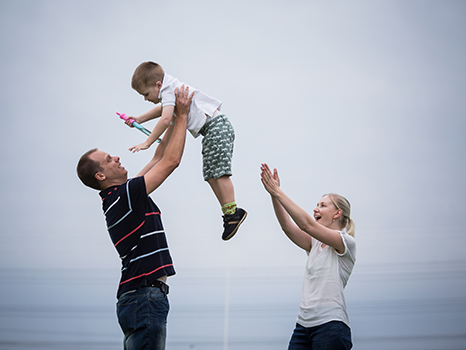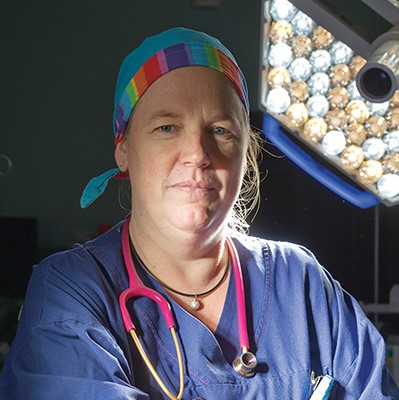Search

The vision of the Perioperative Medicine Team is to make discoveries that will improve children’s perioperative care and lead to global practice change.
To translate and validate the HLS-Child-Q15, a relatively short questionnaire for assessing health literacy in children originally validated in German, into English to make it accessible to a large population of English-speaking children.

The Perioperative Medicine team has developed a unique chewable tablet that gives the child the sensation of having a full stomach, without compromising their fasting regime.
Paediatric patients continue to lack access to age-appropriate oral medicines for their treatment and have to depend on the off-label use of medicines approved for adults, which compromises dosing accuracy and exposes children to unpleasant bitterness.
Obstructive sleep apnoea (OSA) has been thought to increase the risk of respiratory depression from opioids. The primary aim of this study was to assess whether preoperative hypoxaemia by sleep study pulse oximetry imparts greater opioid sensitivity.
Chronic childhood constipation is a common problem that severely impacts quality of life. Recently, the efficacy of intrasphincteric botulinum toxin (botox) injection in breaking the cycle of constipation has been demonstrated. The current study aims to investigate response rate to treatment, symptom and examination finding associations, and identify associations between patient characteristics and outcome.
Securing an airway enables the oxygenation and ventilation of the lungs and is a potentially life-saving medical procedure. Adverse and critical events are common during airway management, particularly in neonates and infants. The multifactorial reasons for this include patient-dependent, user-dependent and also external factors.
Preoperative anxiety is common in children. It can contribute to negative experiences with anesthetic induction and may cause adverse physiological and psychological effects. Virtual reality (VR) and electronic tablet devices are 2 audiovisual distraction tools that may help to reduce anxiety and enhance the preoperative experience. This study aimed to compare the use of an immersive 3-dimensional (3D) VR to 2-dimensional (2D) video on anxiety in children during induction of general anesthesia.
Critical Events in Anaesthetised Kids undergoing Tracheal Intubation (CRICKET) is a prospective, international multicentre observational study with the objective of capturing, assessing, and analysing critical events associated with tracheal intubation in children.
Parents and caregivers play a critical role in the care of their child peri-operatively. Our team undertook previous research with parents/carers, which identified Australian parents' top 10 research priorities for paediatric anaesthesia and peri-operative medicine.
